
The 2 Powerful Styles of Communications : Perfectly Fine Tuned Communications Wi
¥24.44
The 2 Powerful Styles of Communications : Perfectly Fine Tuned Communications With Everyone!

The Ultimate Guide to Building & Managing the Perfect Team
¥24.44
The Ultimate Guide to Building & Managing the Perfect Team
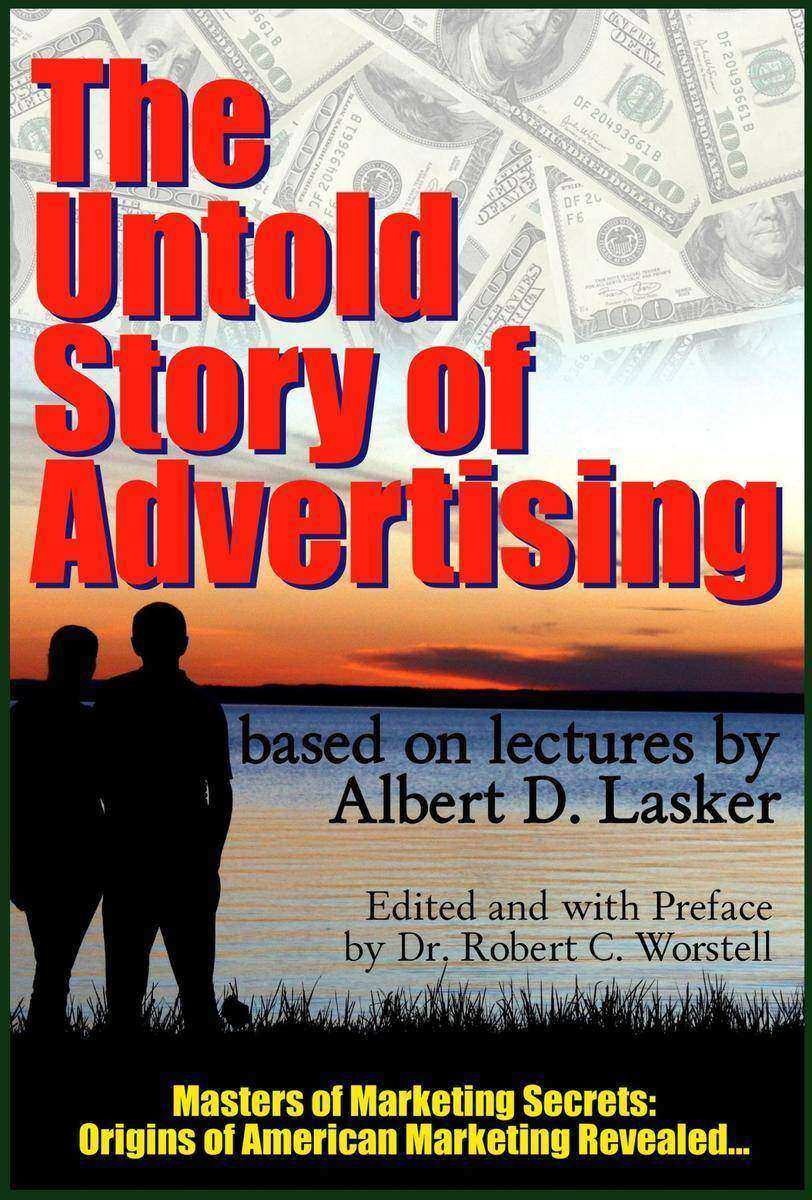
The Untold Story of Advertising
¥24.44
The Untold Story of Advertising
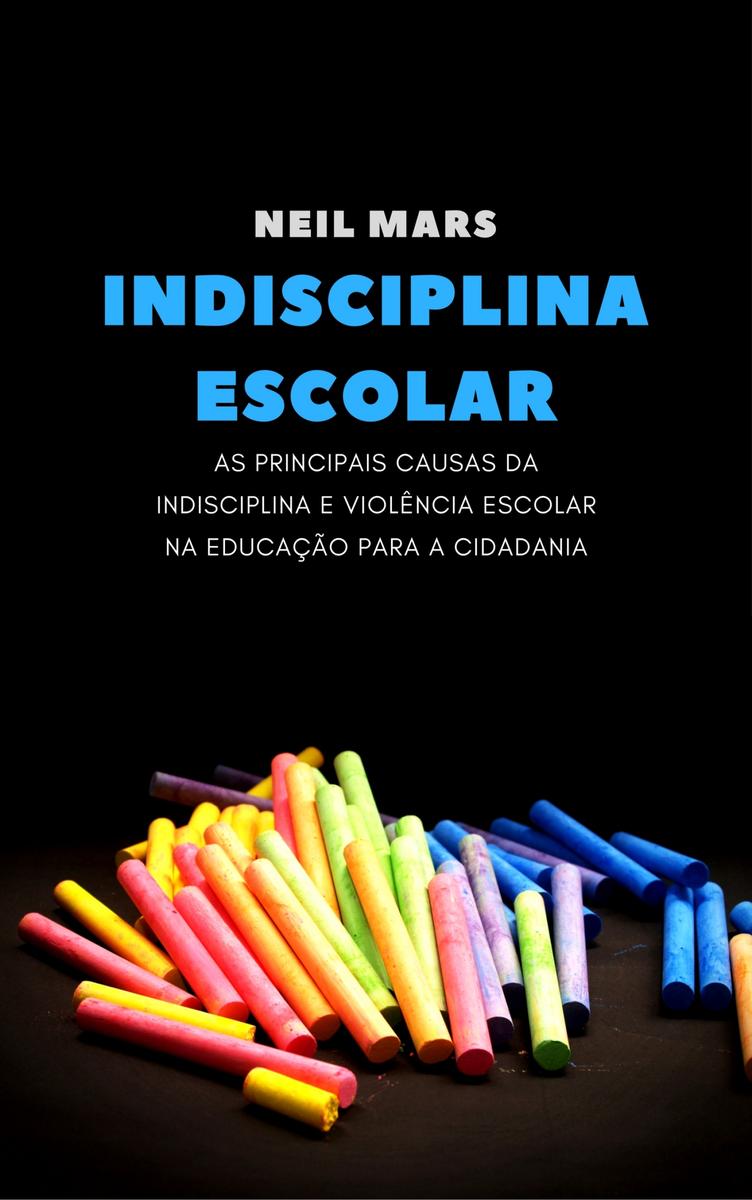
Indisciplina Escolar
¥24.44
Indisciplina Escolar
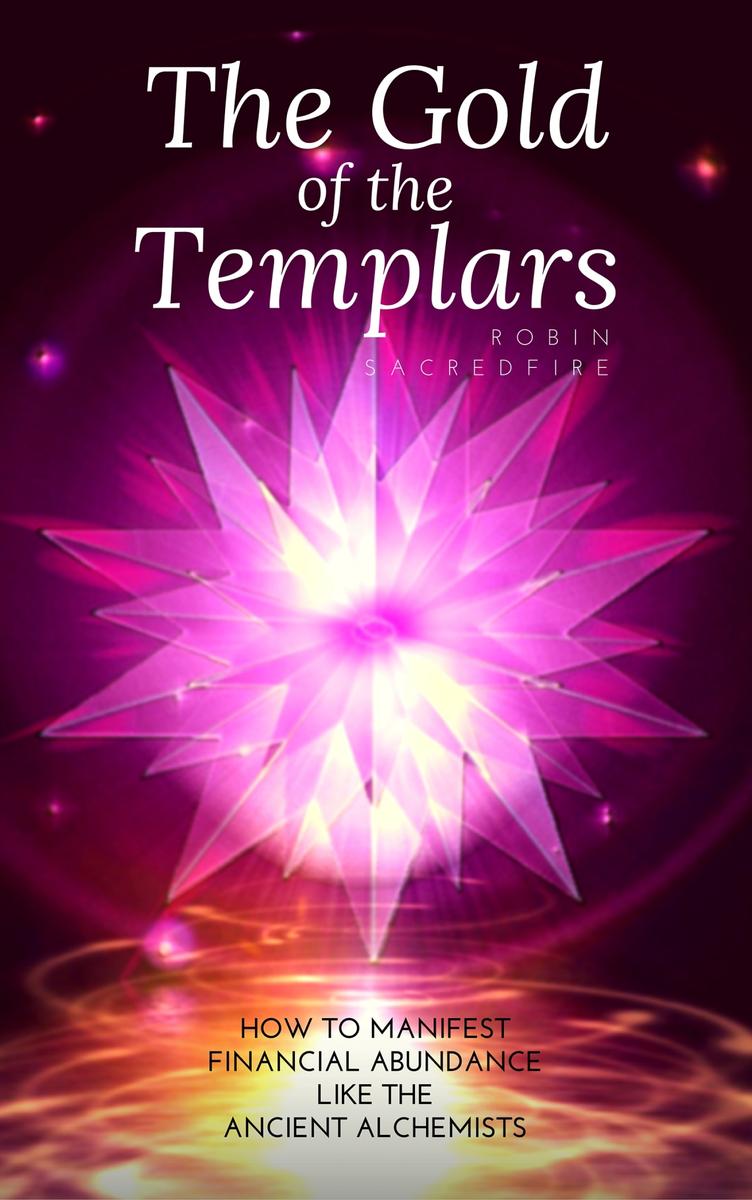
The Gold of the Templars: How to Manifest Financial Abundance Like the Ancient A
¥24.44
The Gold of the Templars: How to Manifest Financial Abundance Like the Ancient Alchemists
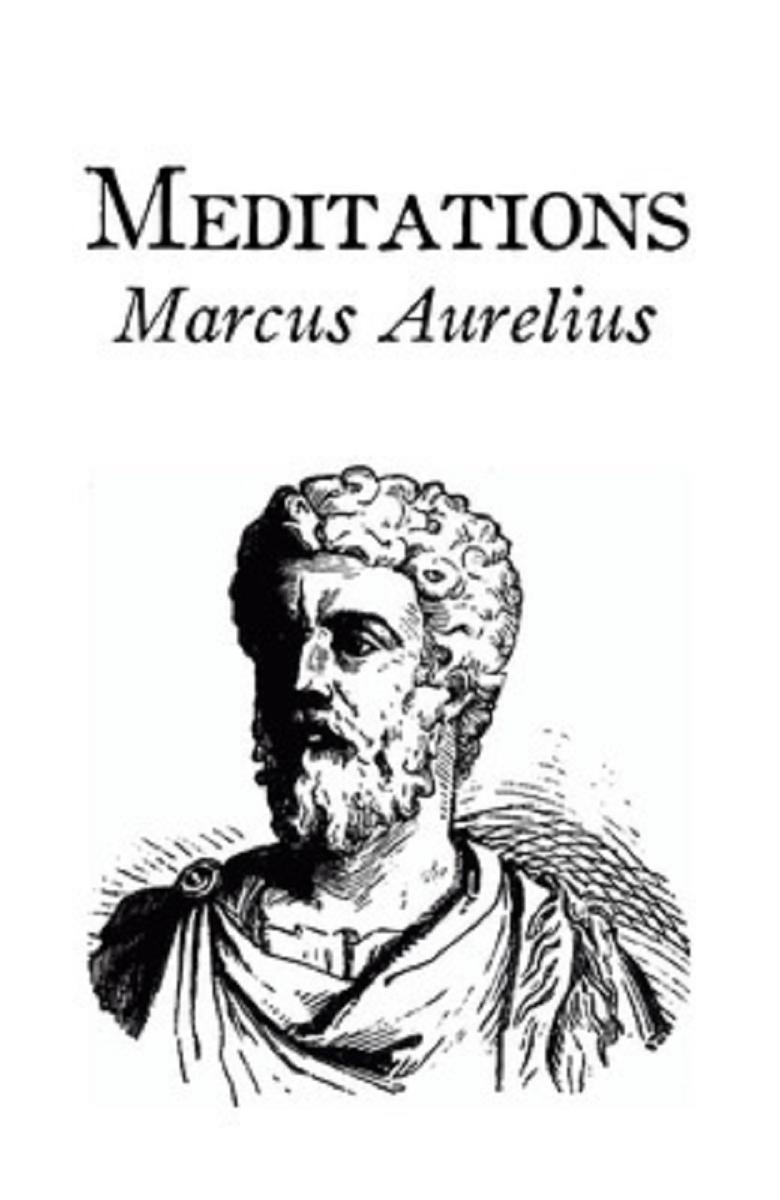
Meditations
¥24.44
Meditations
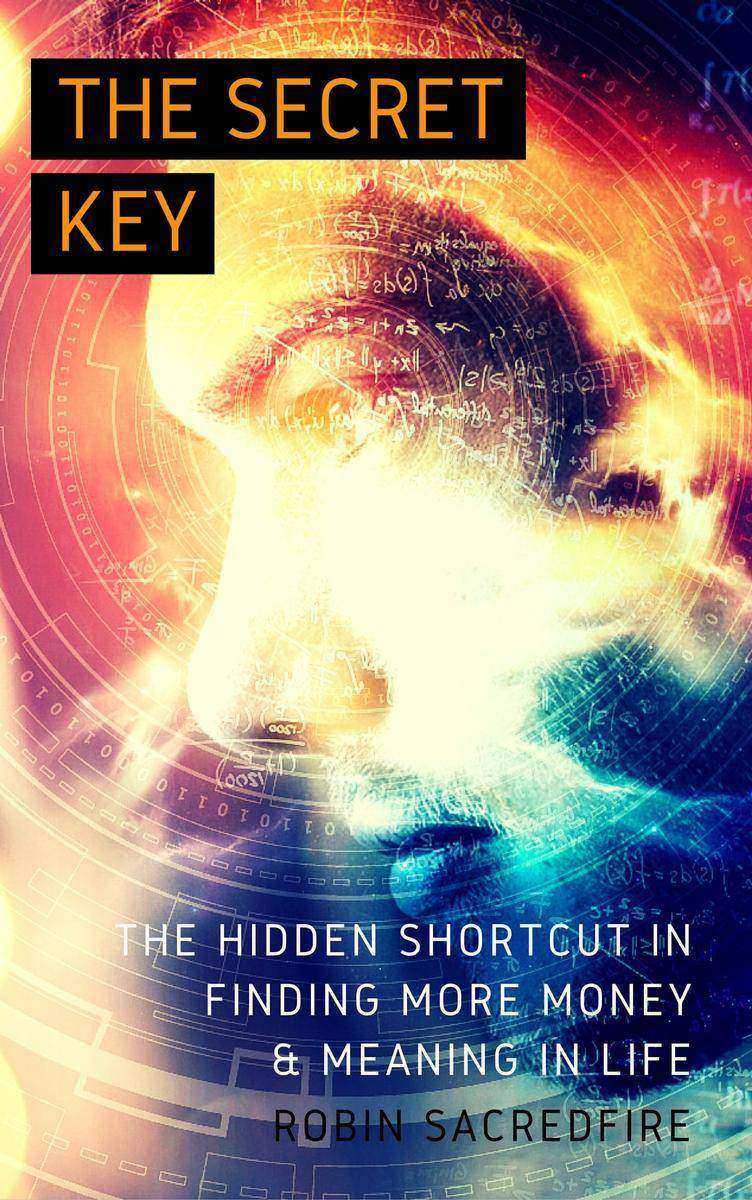
The Secret Key: The Hidden Shortcut in Finding More Money and Meaning in Life
¥24.44
The Secret Key: The Hidden Shortcut in Finding More Money and Meaning in Life

Self-Regulation: Developing Responsible and Autonomous Learners
¥24.44
Self-Regulation: Developing Responsible and Autonomous Learners
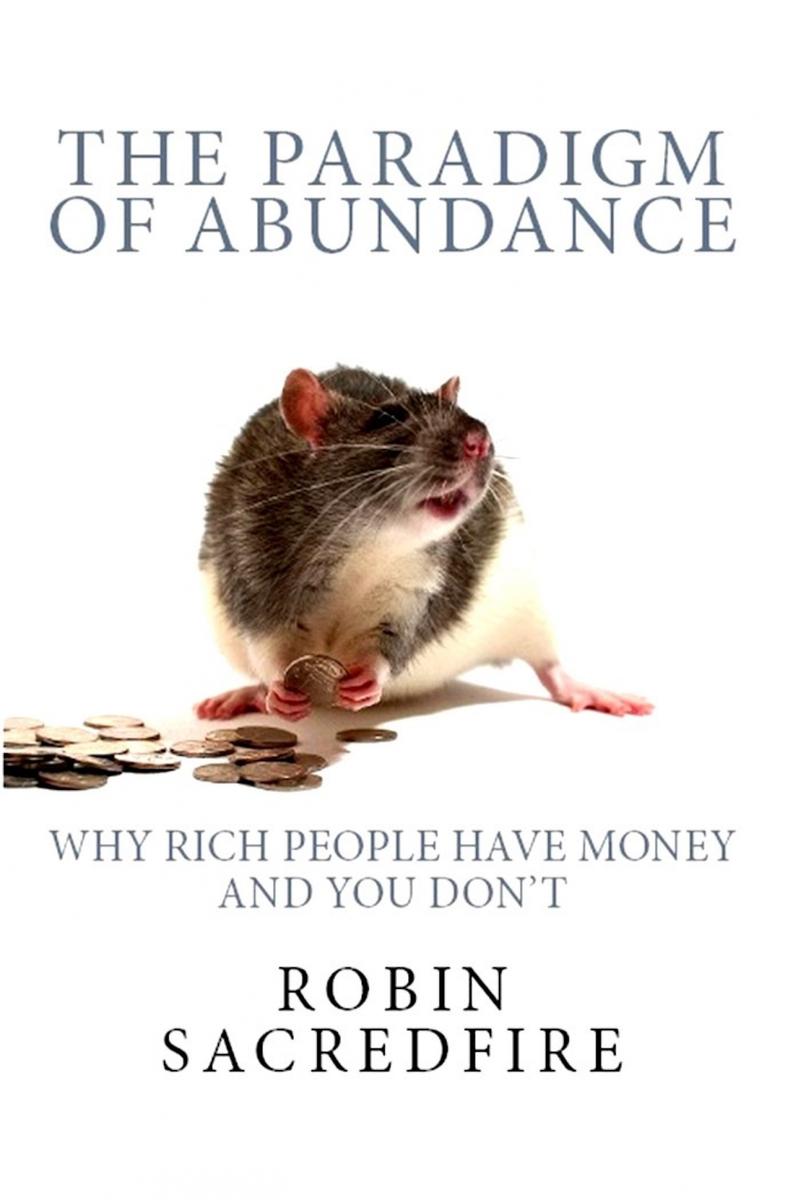
The Paradigm of Abundance: Why Rich People Have Money and You Don't
¥24.44
The Paradigm of Abundance: Why Rich People Have Money and You Don't
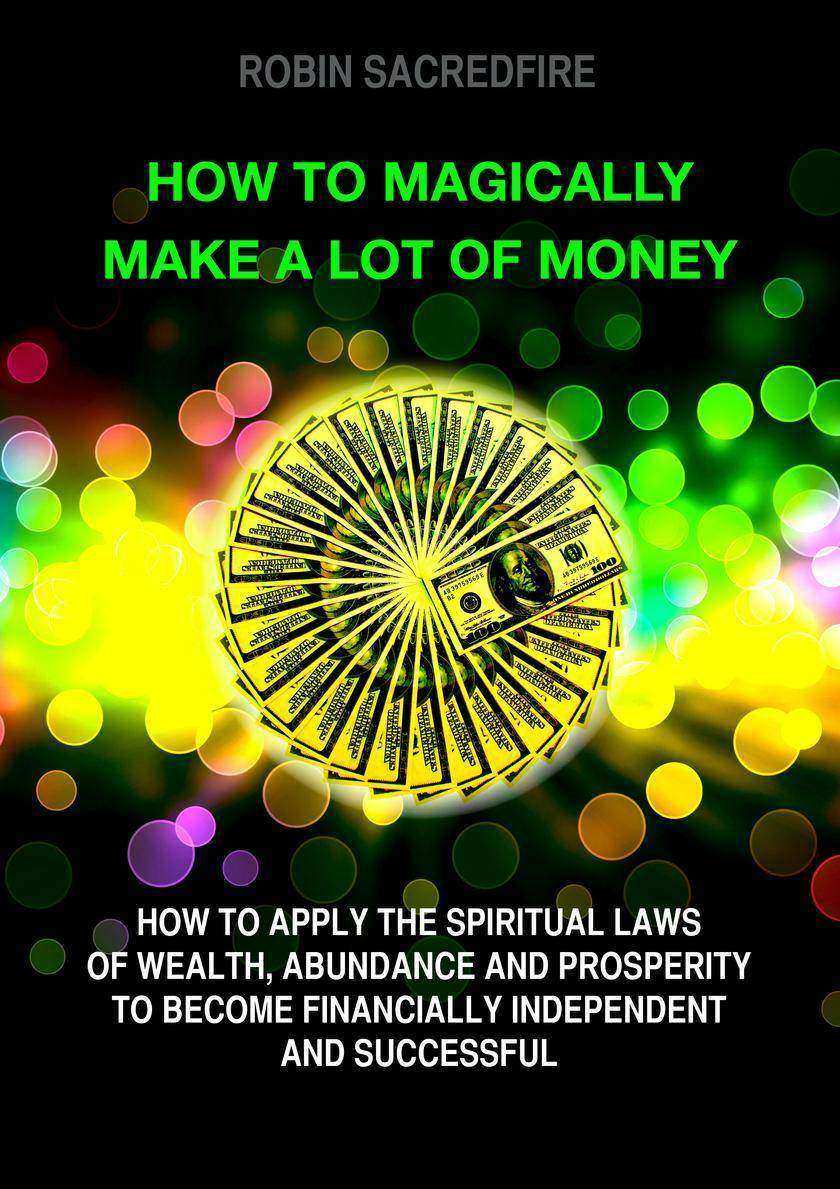
How to Magically Make a Lot of Money
¥24.44
How to Magically Make a Lot of Money
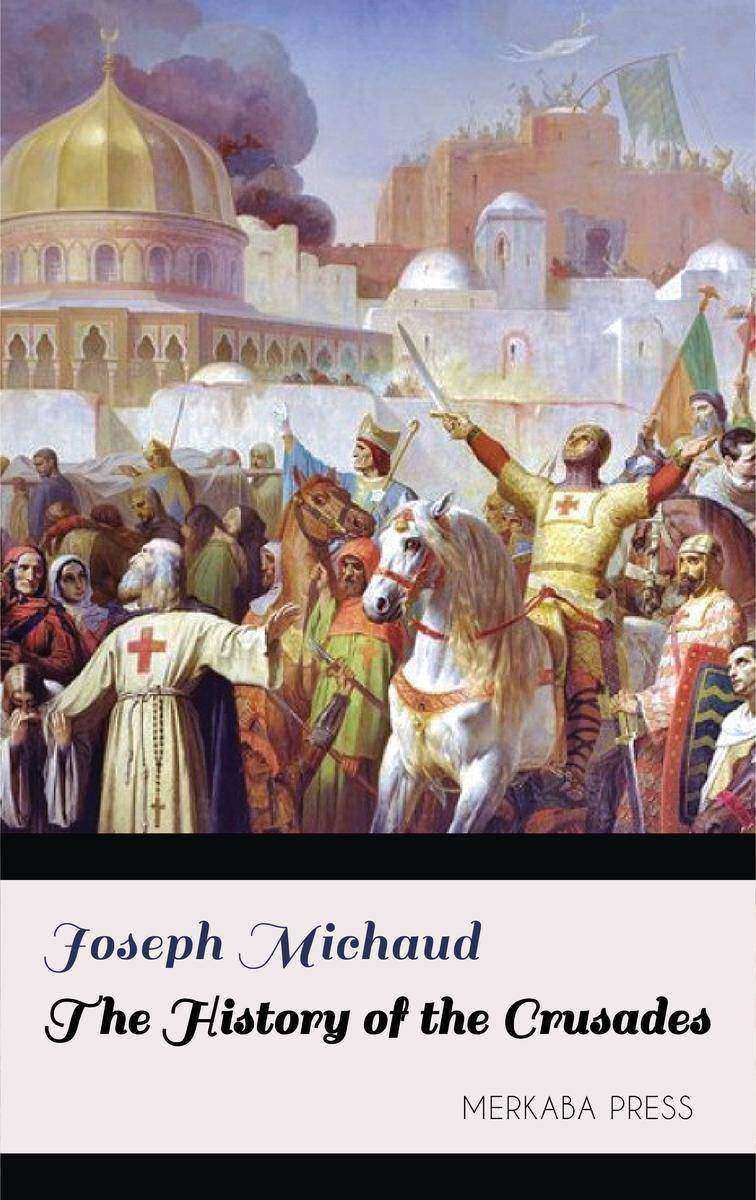
The History of the Crusades
¥24.44
The History of the Crusades

Thinking in Chinese: The Top 10 Chinese Values & How China Became a Superpower
¥24.44
Thinking in Chinese: The Top 10 Chinese Values & How China Became a Superpower
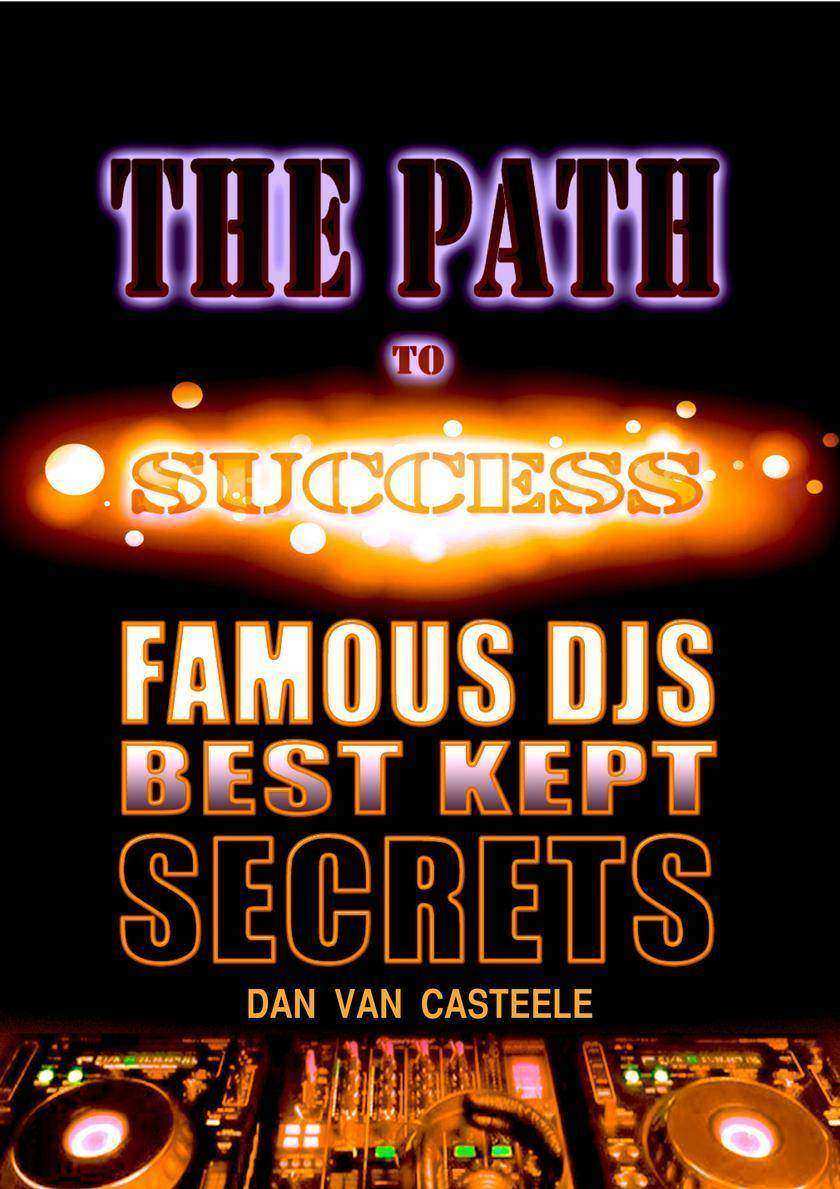
The Path to Success: Famous DJs Best Kept Secrets
¥24.44
The Path to Success: Famous DJs Best Kept Secrets
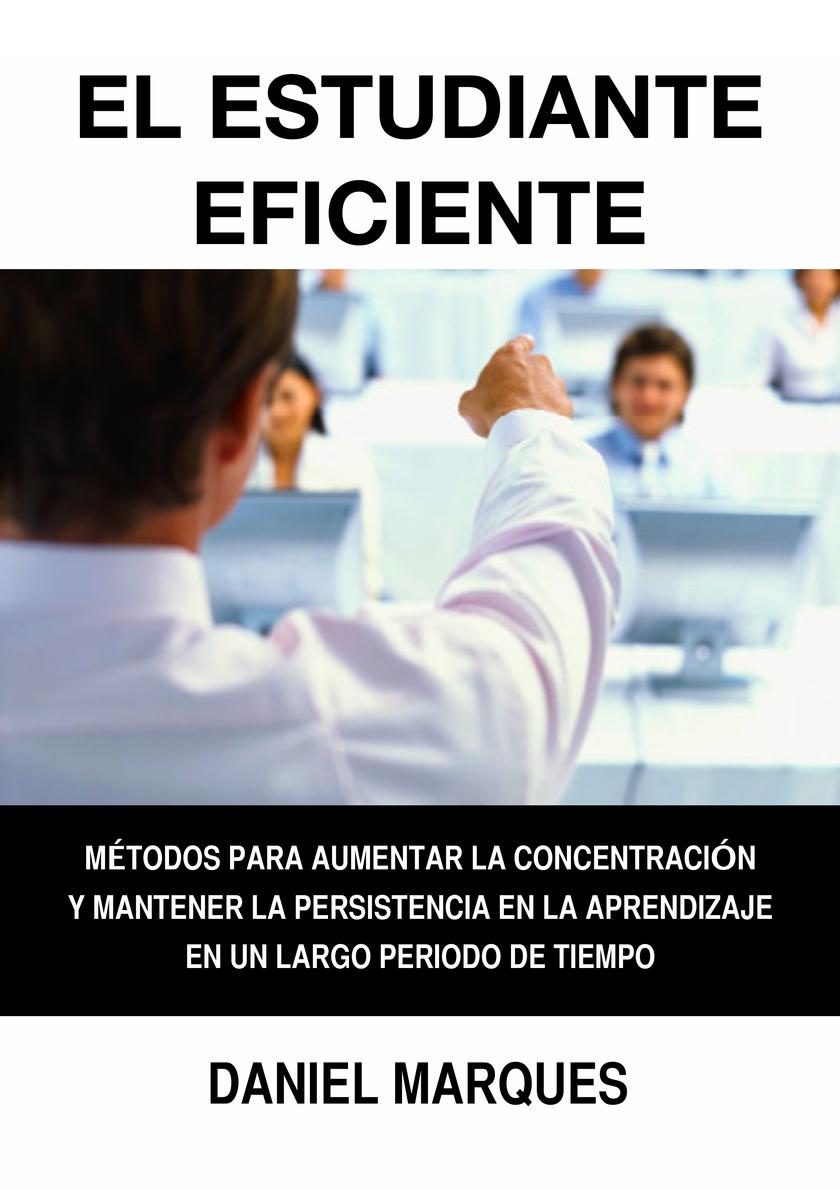
El Estudiante Eficiente
¥24.44
El Estudiante Eficiente
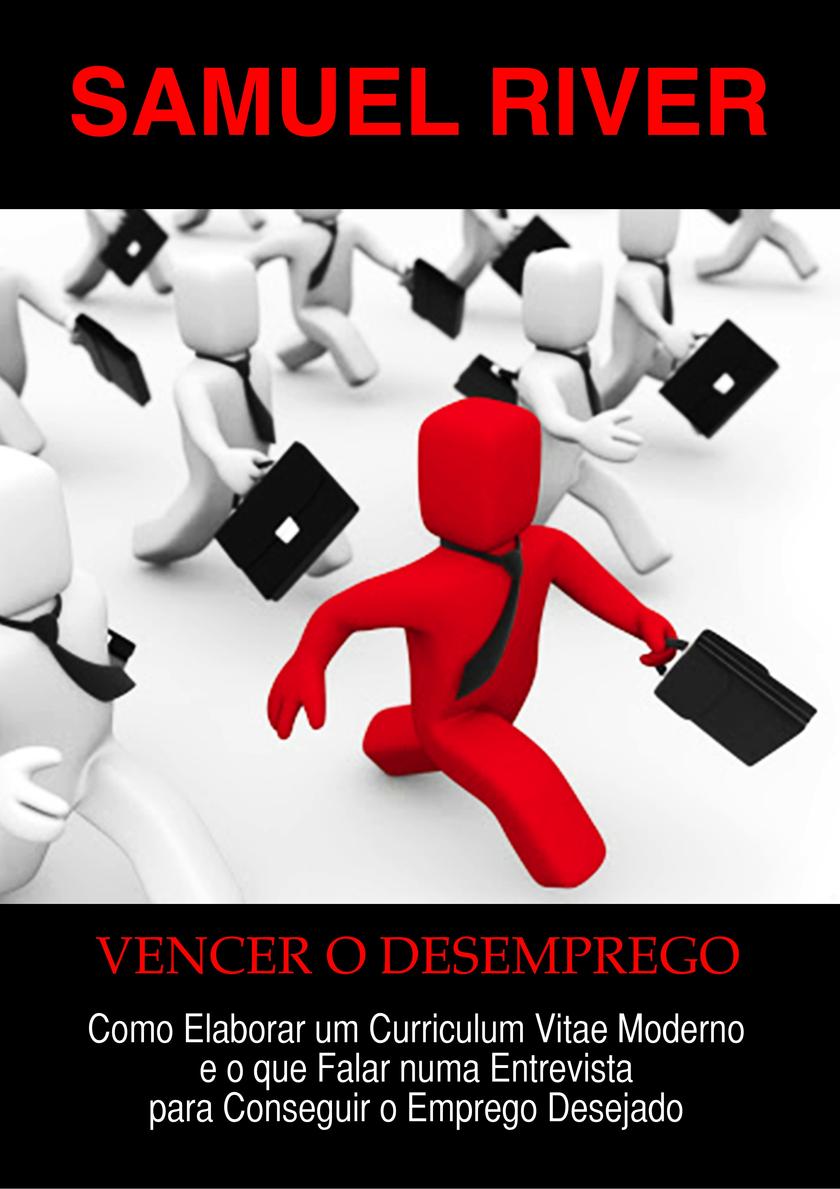
Vencer o Desemprego
¥24.44
Vencer o Desemprego
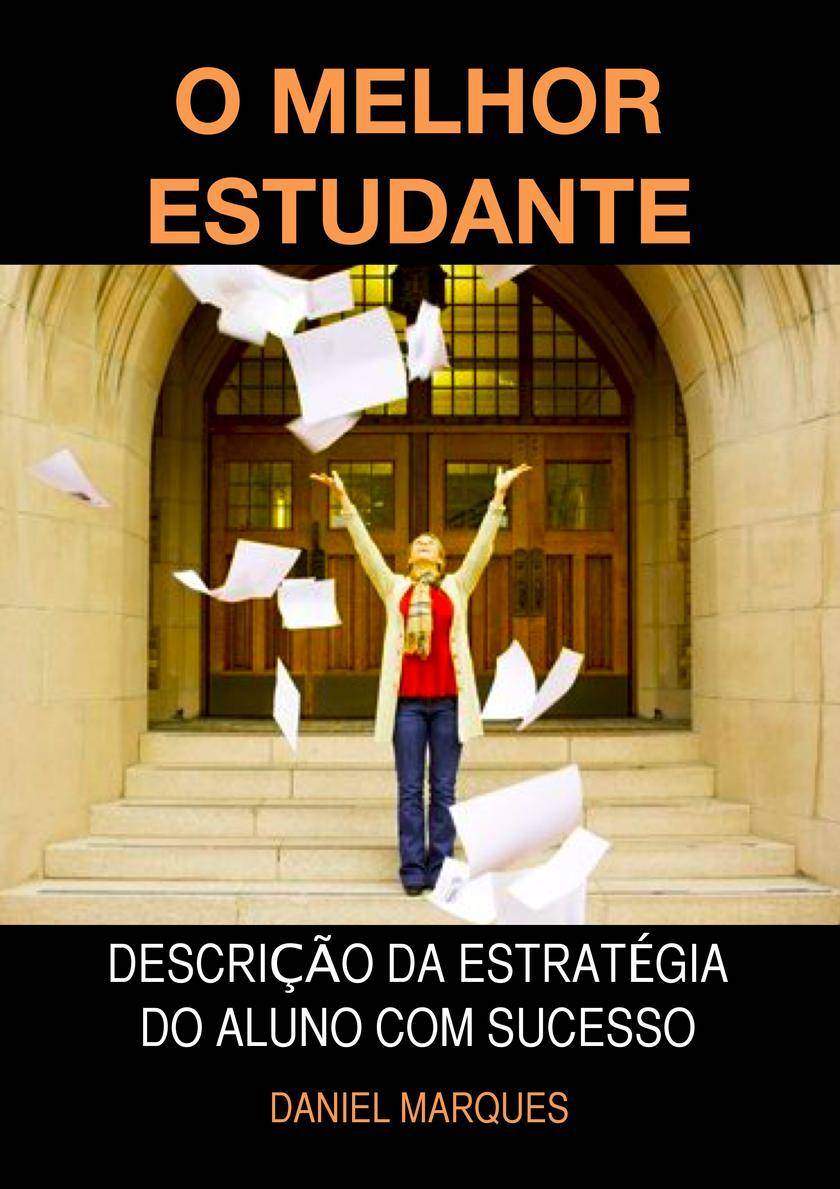
O Melhor Estudante: Descri??o da Estratégia do Aluno com Sucesso
¥24.44
O Melhor Estudante: Descri??o da Estratégia do Aluno com Sucesso
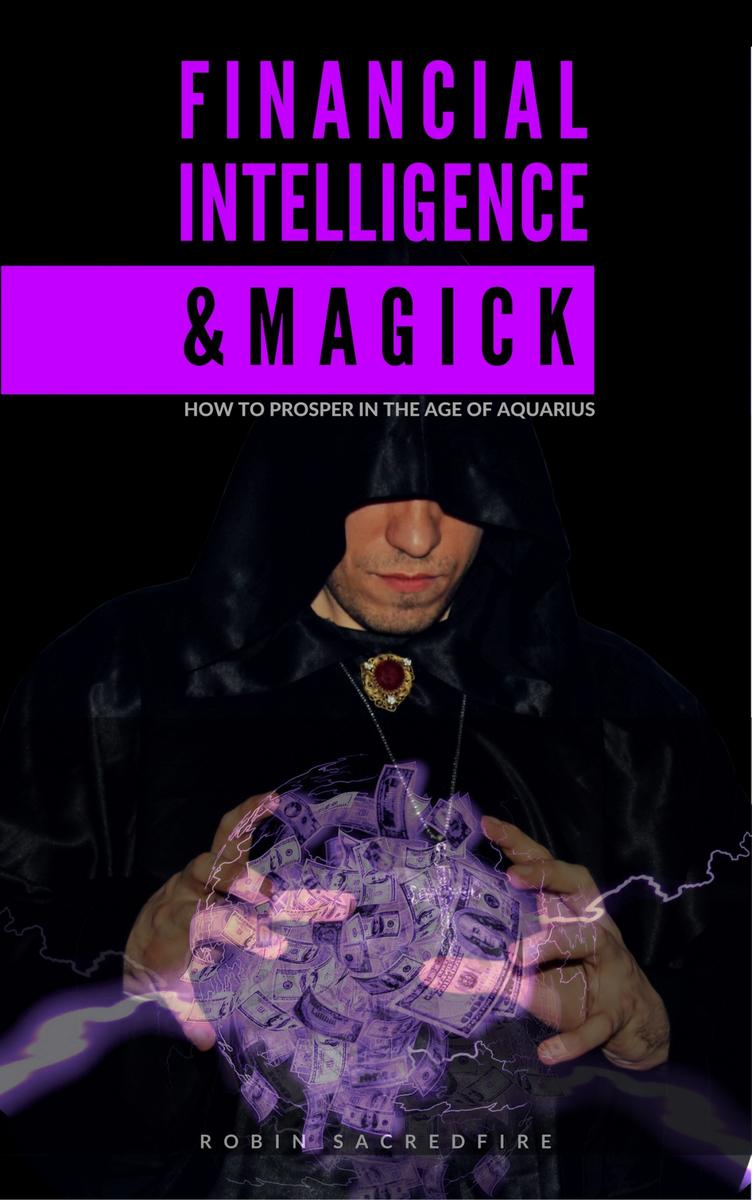
Financial Intelligence & Magick: How to Prosper in the Age of Aquarius
¥24.44
Financial Intelligence & Magick: How to Prosper in the Age of Aquarius

Secrets of Financial Analysis and Modelling For Beginners
¥24.44
Secrets of Financial Analysis and Modelling For Beginners
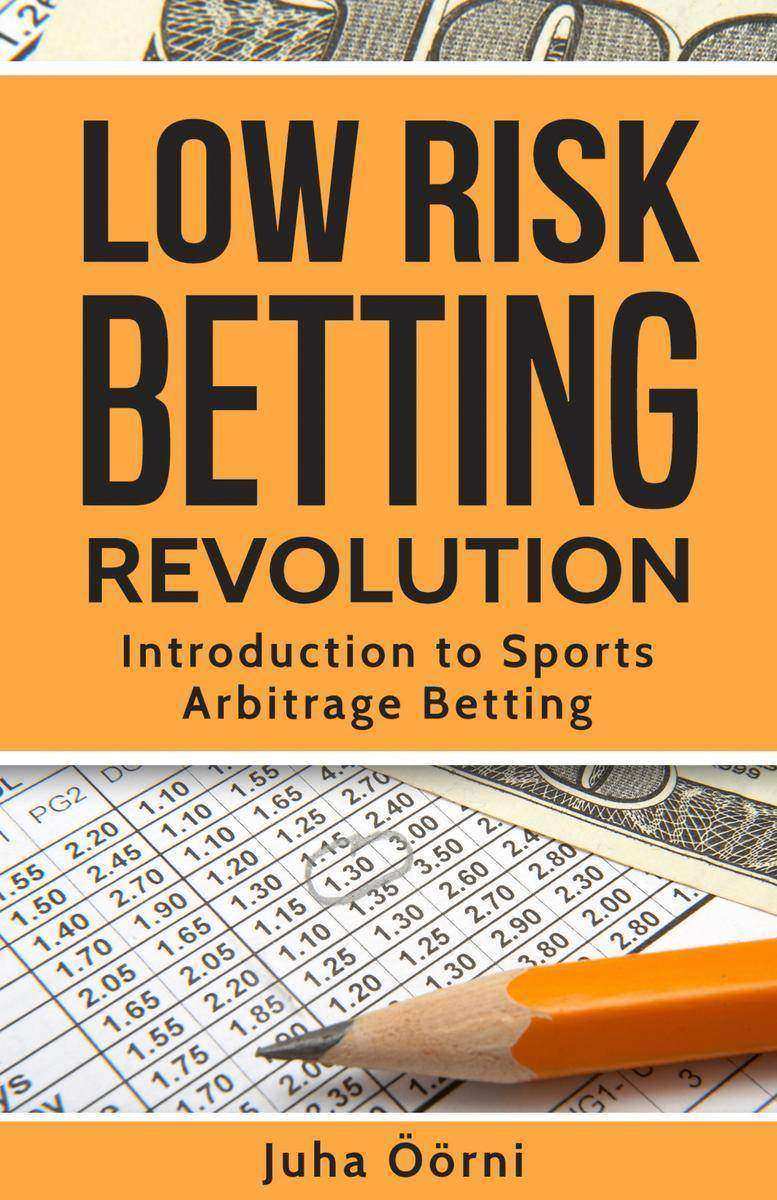
Low Risk Betting Revolution: Introduction to Sports Arbitrage Betting
¥24.44
Low Risk Betting Revolution: Introduction to Sports Arbitrage Betting

Secrets of Building Successful Business Plan for Farm and Rural Business
¥24.44
Secrets of Building Successful Business Plan for Farm and Rural Business
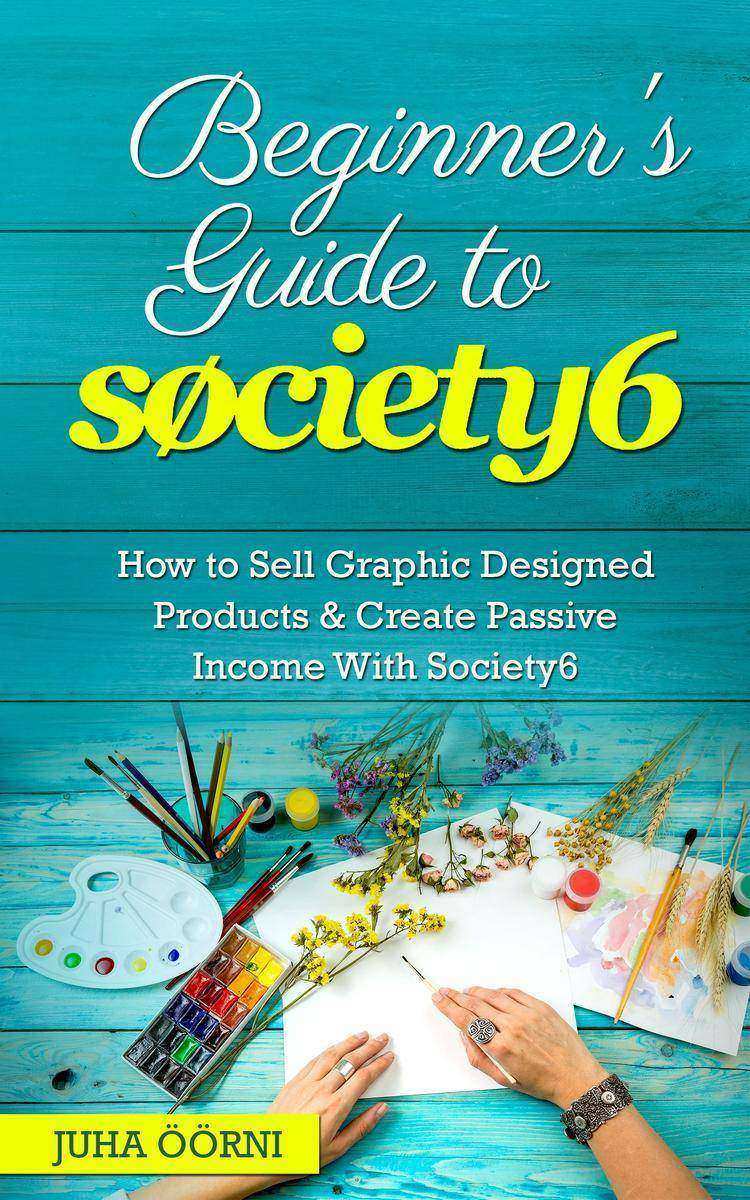
Beginner’s Guide to Society6
¥24.44
Beginner’s Guide to Society6




 购物车
购物车 个人中心
个人中心



